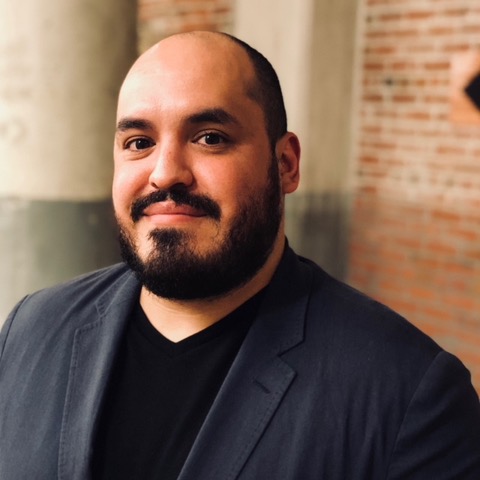Breaking Down The NFL?s Billion Dollar Benefits From Legalized Sports Betting

The National Football League (NFL) is expected to cash in on legalized sports betting by 2020 to the tune of $2.3 billion a year, according to new research by the American Gaming Association (AGA).
“The findings are staggering,” Sara Slane, senior vice president of Public Affairs with the AGA said during a Sept. 5 call to discuss an economic report released the same day.
“The results of this study are very clear. Widely available, legal regulated sports betting means big money for sports leagues like the NFL,” Slane said.
Where the NFL stands to benefit
Conducted by the Nielsen Company, the study, “How much does the NFL stand to gain from legal sports betting?” projects the NFL could see greater fan engagement and viewership which would increase the NFL’s total annual revenue by 13.4 percent.
The result would be $1.75 billion in new revenue from media rights, sponsorships, merchandise and ticket sales.
Potential new revenue streams include:
- Spending from betting operators on advertising
- Data and sponsorship
- Increased consumption of league media
- Purchasing of official league products
Additionally, the study shows that legal sports betting could help the NFL generate $573 million from spending by betting operators and data providers.
< ul>
Crippling the illegal sports betting market
Slane said bringing sports betting out of the shadows will provide numerous benefits to states that choose to legalize it.
Those benefits include:
- Increased transparency in the gaming market
- Better safeguards for game integrity
- Protection of consumers
- Creation of new jobs
- Increase in state tax revenue
So far, New Jersey, Delaware, Rhode Island, Mississippi, West Virginia, and Pennsylvania have all legalized some form of sports betting following the May repeal of the Professional and Amateur Sports Protection Act (PASPA) of 1992.
Sports betting outside of Nevada is only a few months old and according to Slane, too early to determine whether it has impacted the illegal market.
However, there are two future indicators to look for: TV ratings and ancillary benefits at casino properties.
“In order to shut down the illegal market, you have to have policies in place that enable the industry to compete with illegal operators,” Slane said.
What about integrity fees and a federal framework?
“A one-size-fits-all federal framework simply does not work,” Slane said. “Each [state’s] gaming laws are unique and sports betting is no different. Maintaining regulatory oversight at a state level is the right approach.”
Of the states that have already legalized sports betting, none of them have adopted integrity fees. First proposed by the National Basketball Association (NBA) and Major League Baseball (MLB), the fee looked at giving the leagues a one percent cut of the handle from wagers placed.
“Every time integrity fees or imposing restrictions on legal requirements to purchase data, you are hampering the ability of casino operators to offer a favorable product with good odds,” Slane said.
Sen. Orrin Hatch, one of the original architects behind PASPA, delivered a speech on Capitol Hill on Aug. 24, in which he said he plans on introducing legislation that would tackle a federal framework on the rapidly expanding sports betting industry.
“The take away from this study should be, when leagues are pushing integrity fees – they are tripping over dollars to pick up pennies,” Slane said.










